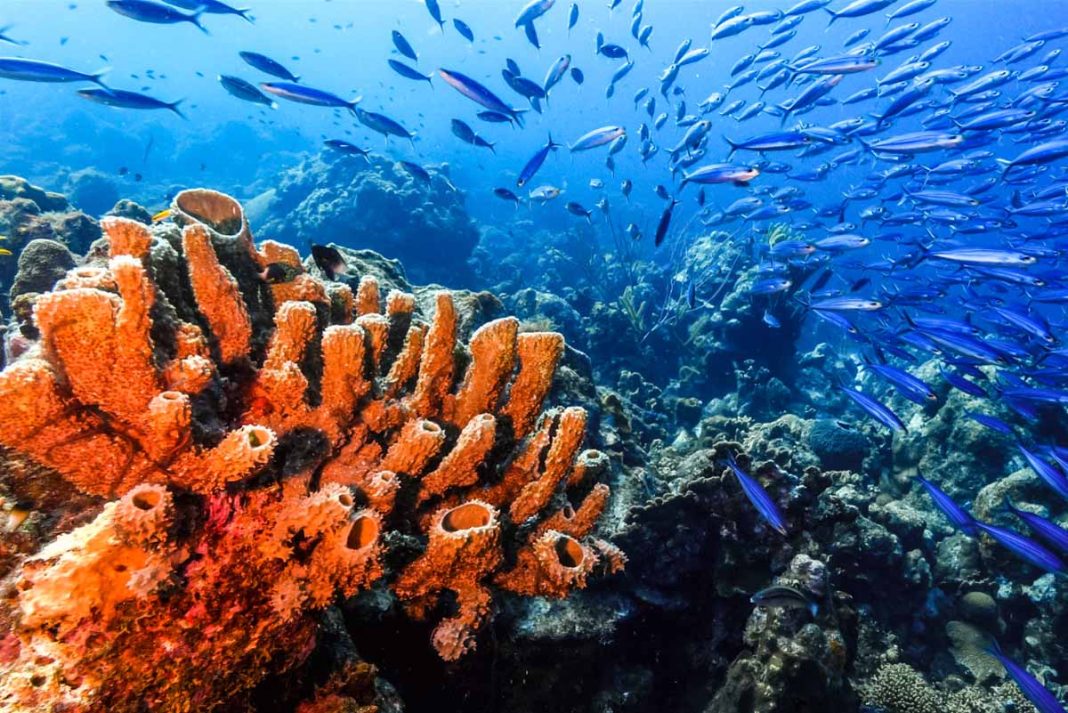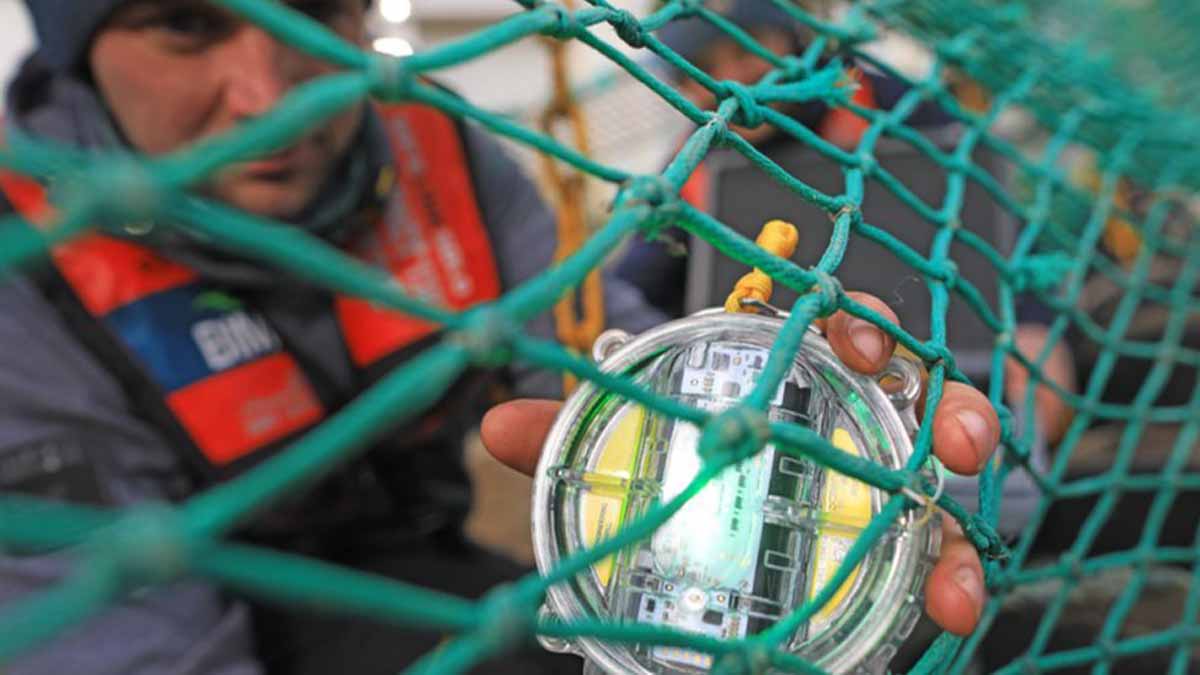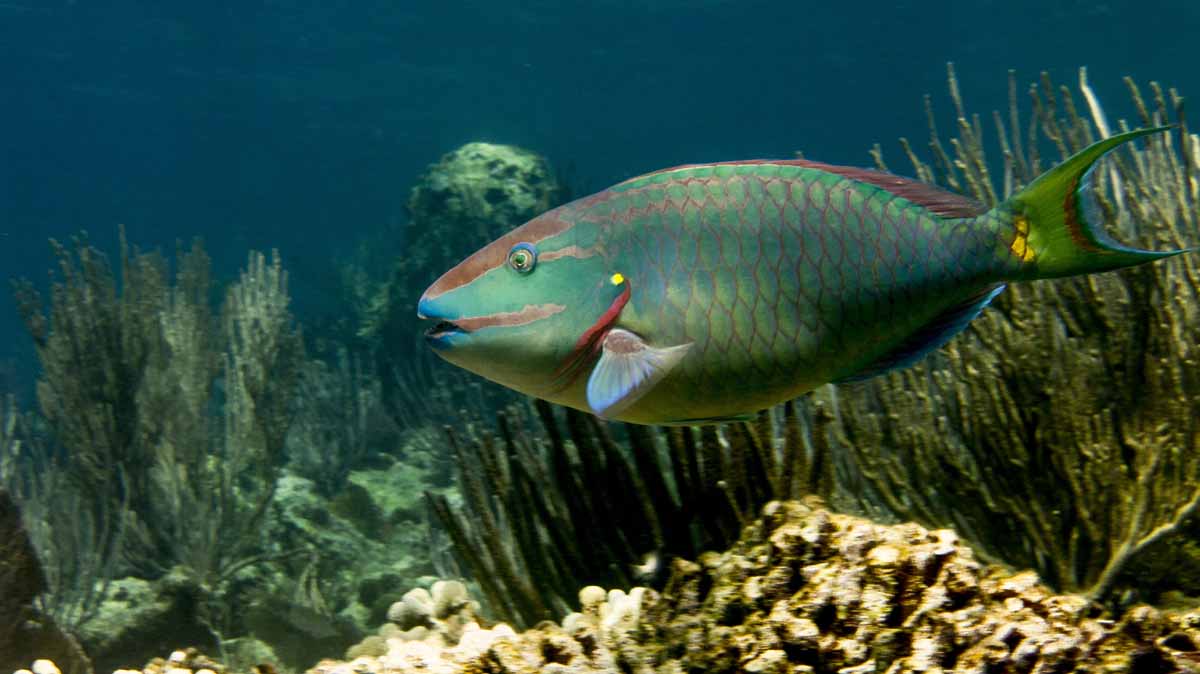Are you a travel enthusiast passionate about preserving the natural beauty of our oceans? Or perhaps a family vacation planner looking for eco-friendly adventures? This blog post is tailored for you.
We’ll explore how sustainable fishing practices are vital for preserving coral habitats, offering practical insights and tips that align with your eco-conscious travel goals.
By the end of this post, you’ll have a deeper understanding of sustainable fishing practices and their significance for coral ecosystems.
The Importance of Coral Habitats
Why Coral Reefs Matter
Coral reefs are often called the “rainforests of the sea” due to their incredible biodiversity. These unique ecosystems support thousands of marine species, protect coastlines from erosion, and contribute to local economies through tourism and fishing.
Threats Facing Coral Reefs
Unfortunately, coral reefs are under threat from various factors such as climate change, pollution, and overfishing. The degradation of these habitats not only affects marine life but also the communities that rely on them.
The Role of Sustainable Fishing
Sustainable fishing practices can significantly mitigate some of these threats. By adopting eco-friendly techniques, we can help preserve coral habitats and ensure that future generations can enjoy their beauty.
 What Are Sustainable Fishing Practices?
What Are Sustainable Fishing Practices?
Understanding Sustainability in Fishing
Sustainable fishing practices aim to maintain fish populations at healthy levels while minimizing environmental impact. This involves using methods that do not harm the ecosystem and ensuring that fishing activities are regulated and monitored.
Key Sustainable Fishing Techniques
Some of the most effective sustainable fishing techniques include:
- Using selective gear that targets specific species, reducing bycatch.
- Implementing catch limits and seasonal closures to allow fish populations to recover.
- Avoiding destructive practices like bottom trawling, which can damage coral reefs.
Benefits of Sustainable Fishing
Sustainable fishing practices not only help preserve marine habitats but also ensure long-term viability for fishing industries. This approach benefits both the environment and local communities.
How Sustainable Fishing Protects Coral Habitats
Reducing Physical Damage
One of the most direct ways sustainable fishing helps coral reefs is by reducing physical damage. Techniques like handline fishing and spearfishing cause minimal disruption to the reef structure compared to more destructive methods.
Maintaining Balanced Ecosystems
Sustainable fishing practices help maintain balanced ecosystems by avoiding overfishing. This ensures that predator and prey populations remain stable, which is crucial for the health of coral reefs.
Enhancing Coral Resilience
Healthy fish populations contribute to the overall resilience of coral reefs. Fish play a role in controlling algae growth, which can otherwise smother corals. By preserving fish populations, we indirectly support coral health.
Practical Tips for Eco-Conscious Travelers
Choose Eco-Friendly Tour Operators
When planning your next vacation, opt for tour operators that prioritize sustainable practices. Look for certifications or affiliations with reputable environmental organizations.
Support Local Conservation Efforts
Participate in local conservation programs or volunteer for reef restoration projects. Your efforts can make a significant difference in preserving these vital ecosystems.
Be an Informed Consumer
Make conscious choices when buying seafood. Opt for products labeled as sustainably sourced and avoid species that are overfished or caught using harmful methods.
 The Role of Technology in Sustainable Fishing
The Role of Technology in Sustainable Fishing
Advances in Fishing Gear
Technological advancements have led to the development of more selective and less harmful fishing gear. Innovations like biodegradable nets and smart hooks reduce bycatch and minimize environmental impact.
Monitoring and Regulation
Technology also plays a crucial role in monitoring and regulating fishing activities. Satellite tracking, electronic monitoring systems, and data analytics help ensure compliance with sustainable practices.
Promoting Transparency
Transparency is key to sustainable fishing. Technologies like blockchain can provide traceability from catch to consumer, ensuring that seafood is sourced responsibly.
Case Studies in Sustainable Fishing
Successful Conservation Initiatives
Several regions have successfully implemented sustainable fishing practices. For example, the Great Barrier Reef Marine Park in Australia has strict regulations that have helped preserve its coral habitats.
Community-Led Efforts
Local communities often lead the way in sustainable fishing. In places like the Philippines, community-managed marine protected areas have shown promising results in reef conservation.
Lessons Learned
These case studies highlight the importance of collaboration between governments, communities, and conservation organizations. By working together, we can achieve sustainable outcomes for coral reefs.
The Future of Coral Habitats and Sustainable Fishing
Emerging Trends
The future of sustainable fishing looks promising with the rise of new technologies and increased awareness about environmental issues. Trends such as aquaculture and marine spatial planning are gaining traction.
Challenges Ahead
Despite the progress, challenges remain. Climate change, illegal fishing, and habitat destruction continue to threaten coral reefs. Ongoing efforts and innovative solutions are needed to address these issues.
Taking Action
Every individual has a role to play in preserving coral reefs. By supporting sustainable fishing practices and making eco-conscious choices, we can contribute to the health of our oceans.
Sustainable fishing practices are essential for preserving coral habitats and ensuring the long-term health of our oceans. Whether you’re a travel enthusiast, family vacation planner, or eco-conscious traveler, understanding and supporting these practices can make a significant impact.
To explore more about sustainable travel and eco-friendly adventures, check out our capitol reef itinerary for an unforgettable experience. Let’s work together to protect our beautiful coral reefs for future generations.


 What Are Sustainable Fishing Practices?
What Are Sustainable Fishing Practices? The Role of Technology in Sustainable Fishing
The Role of Technology in Sustainable Fishing